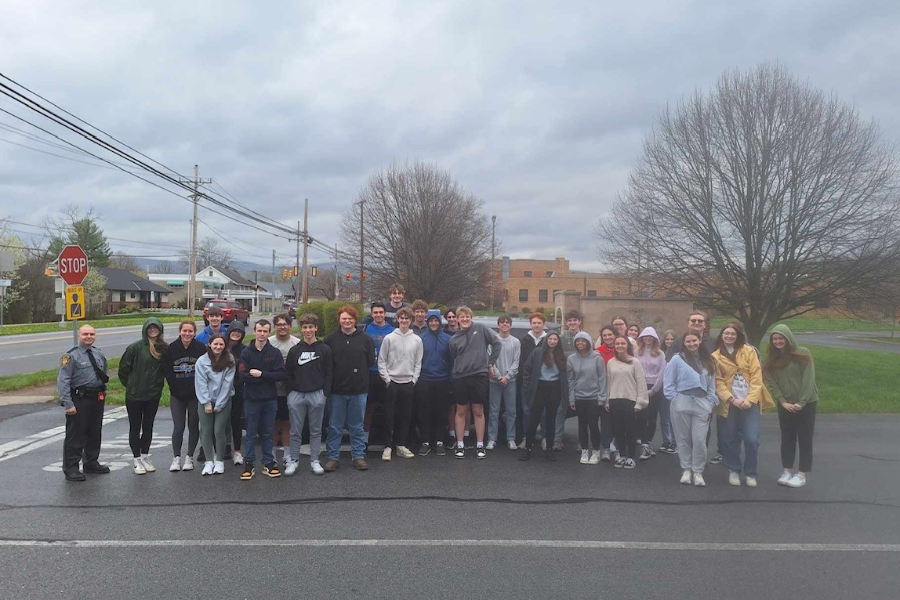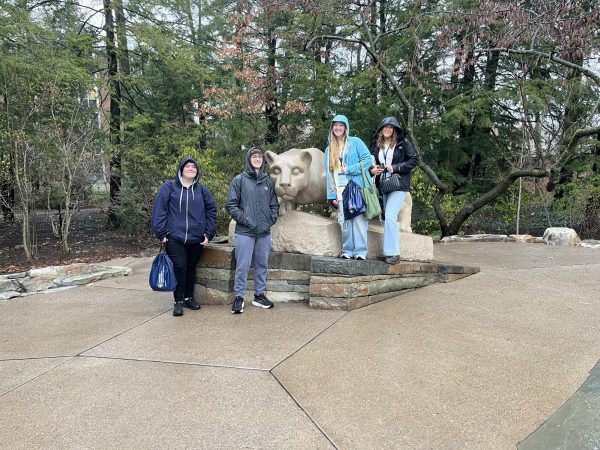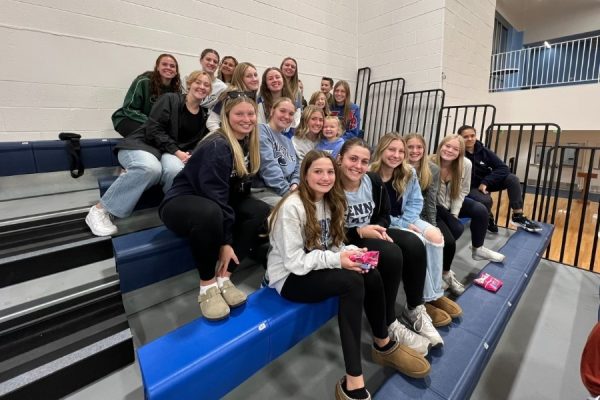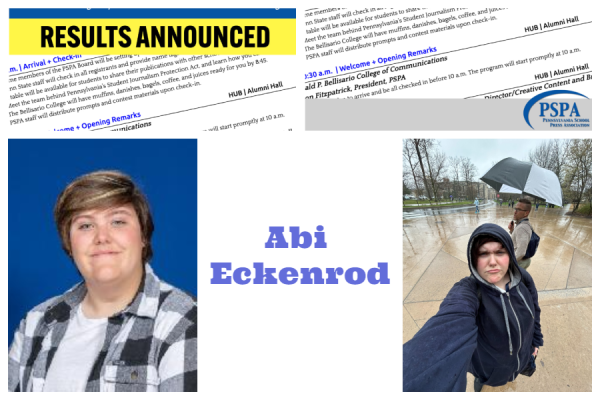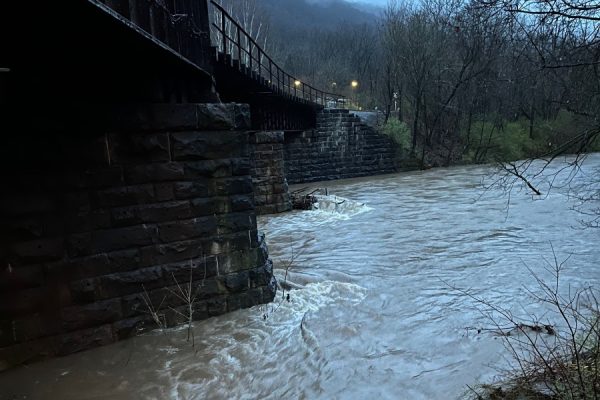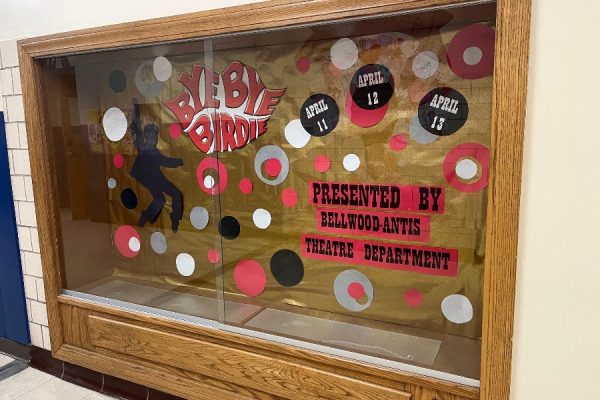B-A teachers brace for the age of ChatGPT
ChatGPT is here, and it can generate thoughful responses to complicated questions, like this one. Teachers are worried about the impact it will have on education, especially where cheating is concerned.
February 16, 2023
In recent news, there has been an increasing concern regarding the use of ChatGPT, a large language model trained by OpenAI, for cheating purposes. With the ability to generate human-like responses, some students have been using ChatGPT to assist them in completing assignments, essays, and even exams. This has raised ethical questions about the use of artificial intelligence in academic settings, as it can potentially undermine the integrity of assessments and evaluations.
The realism of ChatGPT’s work is almost flawless and human-sounding. In fact, the lead for this story, seen above, was written by ChatGPT itself, with the prompt to “write a paragraph explaining ChatGPT and cheating in the style of news-writing”.
As the system explained, the trending artificial intelligence software called ChatGPT is taking the education system by storm. By its own description, “ChatGPT refers to a large language model created by OpenAI, which is designed to engage in human-like conversations and respond to a wide range of natural language inputs. GPT stands for ‘Generative Pre-trained Transformer’ and it is a neural network architecture that uses unsupervised learning to generate natural language text based on large amounts of training data. ChatGPT is an example of how this technology can be applied to create chatbots that can understand and respond to human-like conversations.”
Its capabilities at the moment include answering questions, composing emails, writing essays, and generating code.
The dark side is how it will be used in education, not by teachers, but by students looking for an easy grade.
A finding from a Study.com survey, which interviewed over one-hundred educators, concluded that 58% of grade school teachers that are aware of ChatGPT are concerned about its ability to promote cheating.
Bellwood-Antis is bracing for a possible uptick in cheating efforts as a result of ChatGPT.
Problems of Democracy teacher Mr. Matthew Elder and physics teacher Ms. Alice Flarend are two of B-A’s teachers who are taking the lead in bringing awareness to the software to the faculty and guaranteeing that other teachers are cognizant of its abilities.
The duo will present a lesson to the BAHS faculty Friday at a day-long in-service on ChatGPT and how it can be used and exploited in education by high school students.
Mr. Elder thinks that it’s important for teachers to be enlightened of all changes that happen within education, which is why they need to learn about ChatGPT.
“Changes in the landscape of education can be a cause for concern for teachers, as we don’t know how that change will impact things we do in a classroom…technology always moves us forward, even if we don’t want it to,” Mr. Elder answered.
[Making use of all of your resources] is something that, at least in my opinion as a teacher, we would want you to do. That’s a real-world skill.
— Mr. Elder
Concurring with Mr. Elder, Ms. Flarend also figures that teachers “need to constantly learn about things that can affect [their] students,” since there is always a new innovation or invention that can affect student performance in the classroom.
However, the possibility that ChatGPT can increase the likelihood of students cheating is a concern that has been voiced, and is more reason as to why teachers should be informed on the program.
“ChatGPT offers a way to cheat that MAY be harder to catch,” stated Ms. Flarend. However, the use of ChatGPT compared to other forms of cheating, such as writing answers on hands or sneaking phones in classes, is “no different.”
“It’s cheating when you pretend the work of something or someone else as your own work,” she said.
Although Mr. Elder accords with the side that ChatGPT can be used for the wrong reasons and create a disadvantage for upright students, he also credits that “…it’s really just making use of all of your resources.”
He has “grappled” with the question of whether or not using the software is considered cheating.
“[Making use of all of your resources] is something that, at least in my opinion as a teacher, we would want you to do. That’s a real-world skill. Doing something the ‘hard way,’ while noble, is not beneficial in a time-equals-money world,” Mr. Elder said.
All aspects of technology have pros and cons, and ChatGPT is the same way. There are benefits of the program, including being able to use it as an “extended Google,” according to Ms. Flarend, and making use of it as a “time saving” resource, as Mr. Elder said.
Mr. Naylor, an English teacher at B-A, agrees that there are advantages of the implementation of ChatGPT in education and in student work. He supposes that it would compel teachers to return to “old but proven methods like having students completing writing assignments in class by hand with no computers”.
“Overall, the impact of more and more advanced open AI systems is unclear, but for individual teachers it could be good,” Mr. Naylor said. For English classes, especially, he believes that “…writing by hand slows you down and creates a clear connection between what you’re writing and what you’re thinking, so that’s not a bad thing.”




